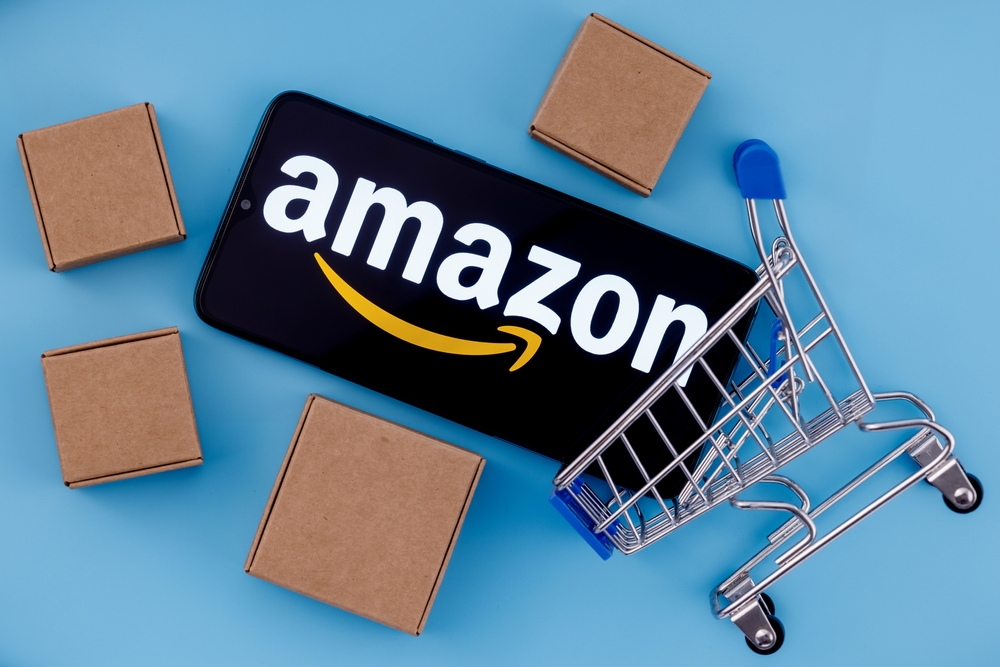Amazon is one of the biggest companies in the world. It’s actually not the single biggest; that honour, at time of writing at least, goes to Walmart, which is a staggeringly huge corporation with its fingers in a lot of pies. Amazon is second, though, beating out massive companies like Shell, Apple, and Google’s parent Alphabet without breaking a sweat. With that in mind, there’s a huge chance that if you’re starting up a new business, you’re either going to be competing with Amazon or working alongside it.
If you’re running a business with any kind of logistics, then the chances are you’ll probably be choosing the second option, and that’s where Amazon FBA comes in. It’s essentially a method by which you can have Amazon store your products and ship them out to customers, thereby eliminating the need for you to find warehouse space of your own. As you’d imagine, there are pros and cons to using this service, so let’s take a look at some of those pros and cons.
Pros
Amazon is trustworthy
If consumers see “Fulfilled by Amazon” on a listing for an item, then they might feel more inclined to buy it, because Amazon’s name carries weight. This means you could see your sales volume increase just by associating your name with Amazon.
You don’t need to find warehouse space
Finding warehouse space to store products can be annoying and time-consuming, especially when you don’t consider logistics to be one of your key strengths as a business owner. Amazon FBA can remove the need for hunting down warehouse space, leaving you free to focus on aspects of the business you find more interesting.
You’ll rank higher on Amazon
When displaying products that don’t work with the FBA programme, Amazon shows both price and shipping cost, but if the product is a Fulfilled by Amazon listing, customers will only see the price. This means you stand a better chance of your item appearing higher in the list when people search for it.
You can offer free shipping
Customers are much more likely to buy an item on Amazon if they see that shipping is free. With Amazon FBA, you can offer free shipping on anything that carries the label, so customers won’t eat the cost of shipping the product to them and your store will gain a better reputation as a result.
You can remove a lot of headaches
Running your own warehouse is difficult, time-consuming, and complex. You need to manage staff, operational overheads, and strategy, and that’s not even to mention the product itself and the challenges involved in stocking it. With Amazon FBA, you can remove all of those worries; Amazon will handle all of the important parts of shipping, returns, and customer service.
Amazon will handle customer service
If you have nightmares about problem customers calling up to complain about mishandled orders, then Amazon FBA is a dream come true. You can leave that element up to Amazon with FBA; Amazon will handle any query related to shipping and returns. Of course, if the query relates to the product itself rather than the method by which it’s delivered, then you’ll still have to field that enquiry, but in terms of logistics, Amazon will handle customer support for you.
Cons
Of course, Amazon FBA isn’t free. You’ll need to pay Amazon to store your items in its warehouses, and those costs can add up if you have a large product line or a lot of different products to store. Costs can vary, too, depending on the size and weight of the items you’re storing, so if you have a lot of large or bulky items, then you may find that it’s more cost-effective to find your own warehouse space.
You might see more returns
Amazon has a very specific kind of returns policy, and it might not be particularly compatible with the way you want to do business. For the most part, customers can return items to Amazon with no questions asked, especially if the return is made within a certain time frame. That can be detrimental to small businesses; while Amazon can certainly afford such a liberal returns policy, you might not be able to. Still, this does have the benefit that customers will feel less pressured.
You don’t get to control the price of storage
If you own your own warehouse space, it stands to reason that you don’t need to worry about overheads; you can determine that cost yourself. However, if you use Amazon’s warehouse space, then Amazon is responsible for storing your products, which means any price increases Amazon decides to put into effect will have an impact on you, and you can’t influence them.
You’ll lose a certain amount of control
When you use Amazon FBA, you won’t be able to individually brand your packaging or provide a bespoke branding experience for customers when they unbox their item. If you’re a smaller business, this may not be an issue, but if branding is a big part of your operation, then Amazon FBA may not be for you.
Customers may not recognise your brand as easily
As a knock-on effect from losing a certain amount of branding control, you might find that customers don’t recognise your brand as easily. If their item arrives in an Amazon-branded box, they may simply say that’s where they got the item rather than referring to you specifically.
This isn’t an exhaustive list of pros and cons regarding Amazon FBA; only you can know whether this option is truly right for your business or not. Even so, we hope that our rundown of some of the advantages and disadvantages to using this service has been helpful!


